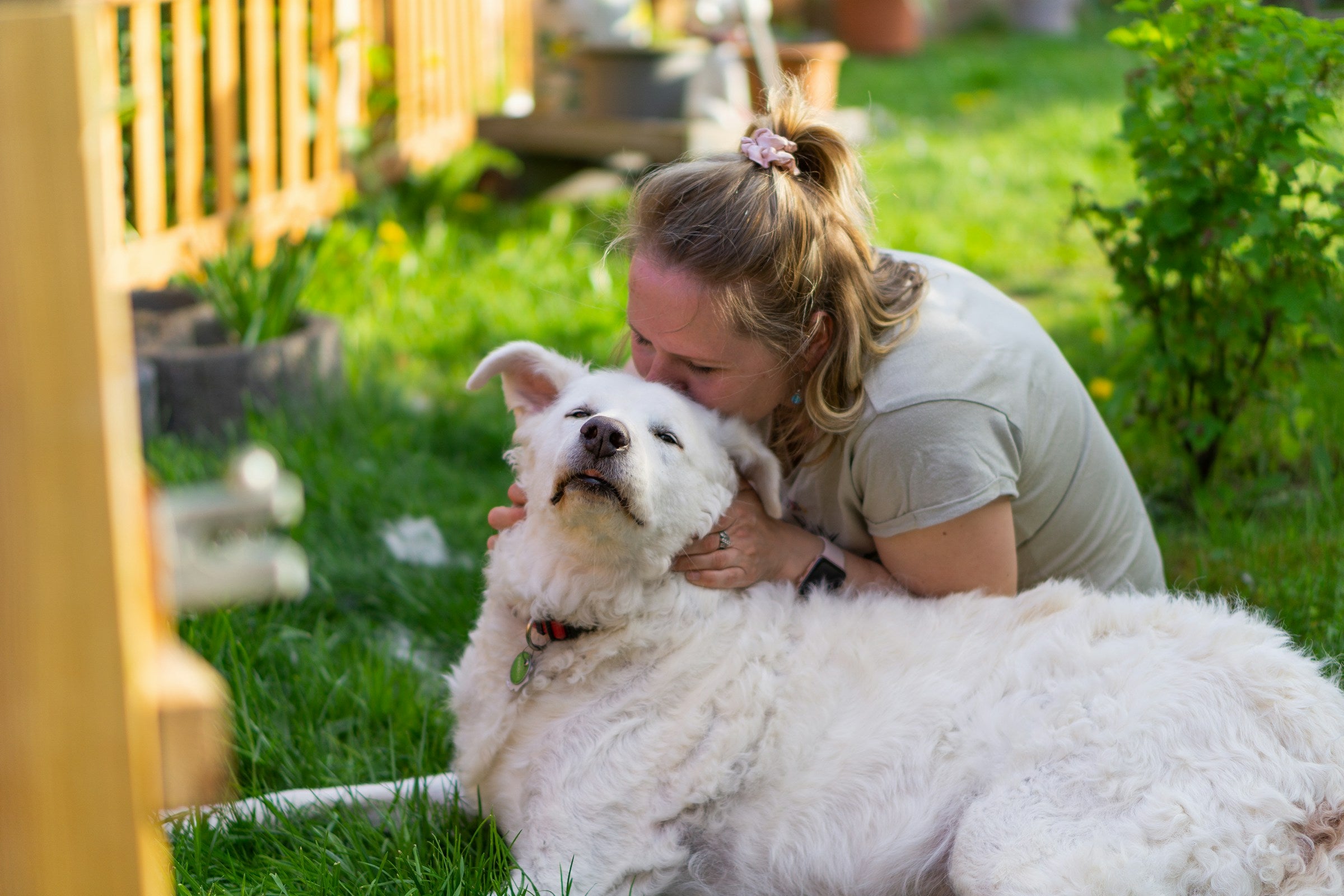Introduction
As a loving and caring dog owner, understanding your furry friend's anatomy is essential for their well-being. One vital aspect of canine anatomy is the heart, the center of their cardiovascular system. In this article, we'll explore where exactly a dog's heart is located and why it's important for you to know.
Understanding Canine Anatomy
Before diving into the specifics, let's briefly touch on canine anatomy. Dogs, like humans, have a heart that pumps blood throughout their bodies, supplying oxygen and nutrients to their organs and tissues. Understanding where the heart is situated aids in recognizing potential health issues.
Anatomy of a Dog's Heart
- Similarities to Human Hearts: Dogs' hearts are similar to ours, with four chambers: two atria and two ventricles.
- Size Variations: The size of a dog's heart varies depending on their breed and size.
Locating a Dog's Heart
Unlike humans, a dog's heart is positioned slightly differently within their chest cavity. To locate it, you'll need to understand the basic anatomy of your furry companion.
Position in the Chest
- Tilted Slightly: A dog's heart is tilted slightly towards the left side of its chest.
- Beneath the Rib Cage: It sits behind the ribs, closer to the sternum.
Importance of Knowing the Location
Knowing where your dog's heart is located is more than just a matter of curiosity; it's vital for their overall health and well-being.
Medical Understanding
- Vet Visits: Understanding the heart's location helps veterinarians diagnose and treat heart-related issues effectively.
- Emergency Situations: In emergency situations, knowing where the heart is can aid in performing life-saving techniques like CPR.
How to Monitor Your Dog's Heart Health
As a responsible pet owner, it's essential to keep an eye on your dog's heart health to ensure they lead a happy and active life.
Regular Check-Ups
- Annual Vet Visits: Schedule regular check-ups with your veterinarian to monitor your dog's heart health.
- Listen for Abnormal Sounds: Your vet can listen for any irregularities in your dog's heartbeat during these visits.
Signs of Heart Problems in Dogs
Being aware of the signs of potential heart problems can help you take prompt action and seek medical attention if necessary.
Symptoms to Watch For
- Coughing: Persistent coughing, especially at night, can indicate heart issues.
- Difficulty Breathing: Labored breathing or shortness of breath could be a sign of heart disease.
- Fatigue: Unexplained lethargy or weakness may point to a heart problem.
Taking Care of Your Dog's Heart
Maintaining your dog's heart health requires a combination of proper nutrition, exercise, and regular vet check-ups.
Healthy Lifestyle Choices
- Balanced Diet: Feed your dog a balanced diet rich in nutrients to support heart health.
- Regular Exercise: Keep your dog active with regular walks and playtime to maintain a healthy weight and cardiovascular system.
Conclusion
Your furry friend's heart is a precious organ that deserves attention and care. By understanding where it's located and how to monitor its health, you can ensure your dog leads a long, happy life filled with tail wags and playful antics.
FAQs (Frequently Asked Questions)
-
Q: Can I feel my dog's heartbeat?
-
A: Yes, you can gently place your hand over your dog's chest to feel their heartbeat.
-
A: Yes, you can gently place your hand over your dog's chest to feel their heartbeat.
-
Q: At what age should I start monitoring my dog's heart health?
-
A: It's best to start monitoring your dog's heart health from puppyhood and continue throughout their life.
-
A: It's best to start monitoring your dog's heart health from puppyhood and continue throughout their life.
-
Q: Are certain breeds more prone to heart problems?
-
A: Yes, some breeds, such as Cavalier King Charles Spaniels and Boxers, are more predisposed to heart conditions.
-
A: Yes, some breeds, such as Cavalier King Charles Spaniels and Boxers, are more predisposed to heart conditions.
-
Q: How often should I take my dog to the vet for heart check-ups?
-
A: Your vet can advise on the frequency of check-ups based on your dog's age, breed, and overall health.
-
A: Your vet can advise on the frequency of check-ups based on your dog's age, breed, and overall health.
-
Q: What should I do if I suspect my dog has a heart problem?
- A: Contact your veterinarian immediately for an evaluation and appropriate treatment.















Share:
Which Dog Has the Strongest Bite?
Will Dog Pee Kill Grass?